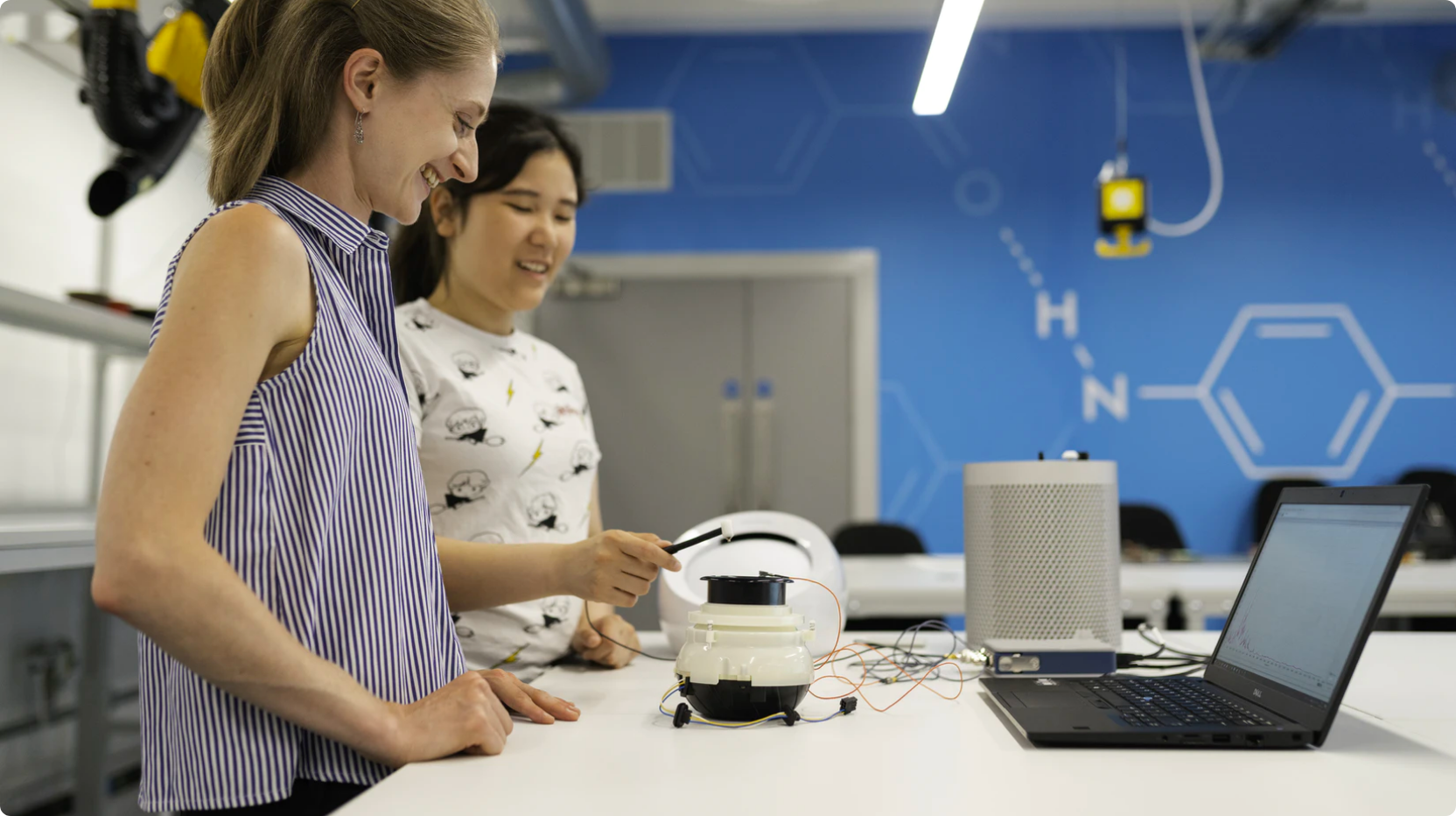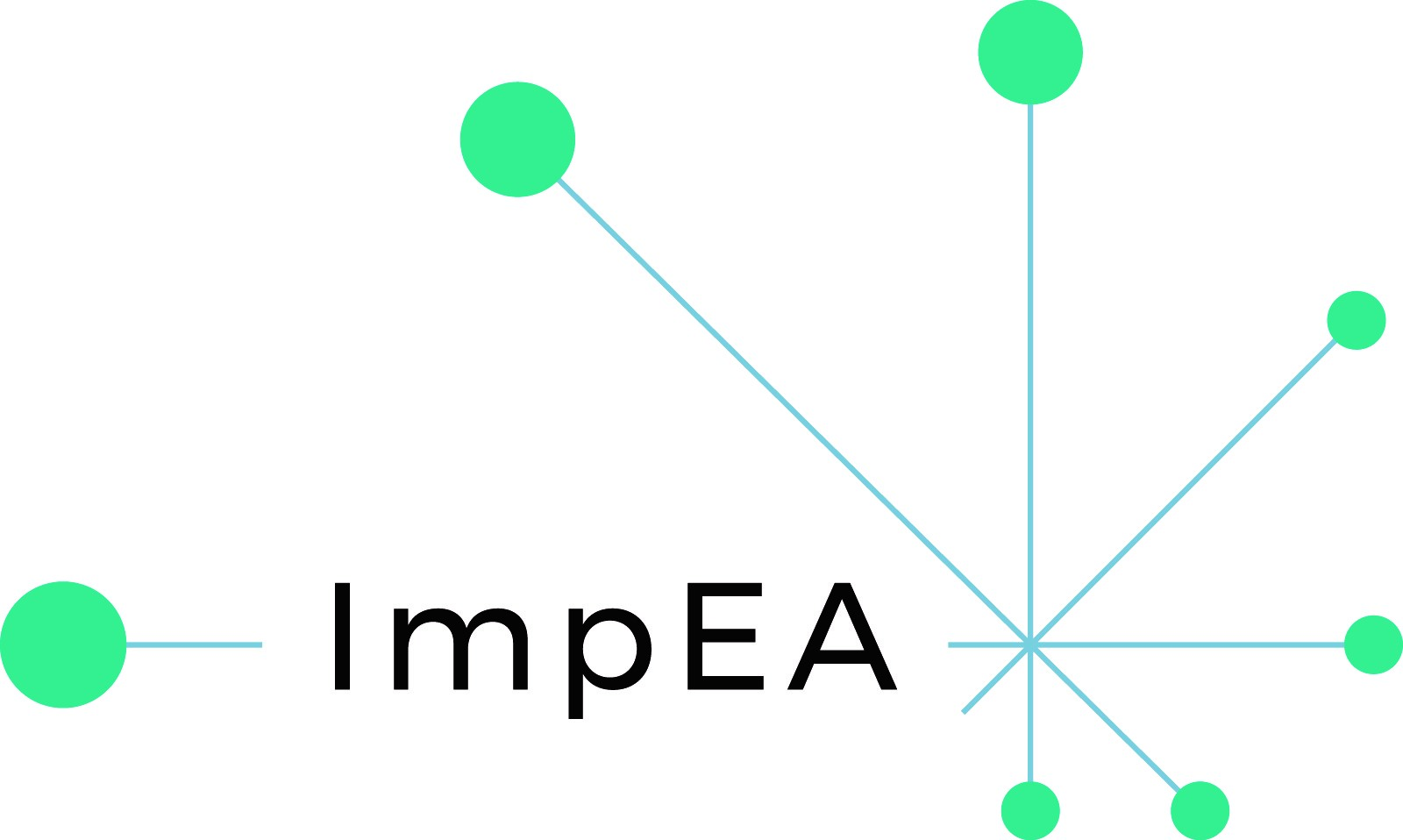EA Procedure
Procedure for External Quality Assurance of Joint Programmes in the EHEA. The cooperating institutions should jointly select a suitable EQAR-registered quality assurance agency. The agency should communicate appropriately with the competent national authorities of the countries in which the cooperating higher education institutions are based.

The external quality assurance procedure should be based on a self- evaluation report (SER) jointly submitted by the cooperating institutions. The SER should contain comprehensive information that demonstrates the compliance of the programme with the Standards for Quality Assurance of Joint Programmes in the EHEA (part B). In addition, the report should contain the necessary information about the respective national frameworks of the cooperating institutions that foreign agencies and experts might need in order to appreciate the context, especially the positioning of the programme within the national higher education systems. The SER should focus explicitly on the distinctive feature of the joint programme as a joint endeavour of higher education institutions from more than one national higher education system.
jkhdsjdsajkdsajkhdsa
jjdjdhjdas



The agency should appoint a panel of at least four members. The panel should combine expertise in the relevant subject(s) or discipline(s), including the labour market/world of work in the relevant field(s), and expertise in quality assurance in higher education. Through their international expertise and experience the panel should be able to take into account the distinctive features of the joint programme. Collectively, the panel should possess knowledge of the HE systems of the HEIs involved and the language(s) of instruction used. The panel should include members from at least two countries involved in the consortium providing the programme. The panel should include at least one student.
The agency should ensure the impartiality of the experts and observes fairness towards the applying higher education institutions. To this end, the institutions should have the right to raise well-grounded objections against a panel member, but not a right to veto their appointment.
The agency should brief the experts on the review activity, their specific role, and the specifics of the quality assurance procedure. The briefing should focus particularly on the distinctive features of a joint programme.

The site visit should enable the review panel to discuss the joint programme based on the self-evaluation report and assess whether the programme complies with the Standards (part B). The site visit should therefore include discussions with representatives of all cooperating institutions and in particular the management of the institutions and the programme, the staff, the students, and other relevant stakeholders, such as alumni and the professional field. Although the site visit should normally be restricted to one location, the provision at all locations has to be taken into account.
jkhdsjdsajkdsajkhdsa
jjdjdhjdas

jkhdsjdsajkdsajkhdsa
jjdjdhjdas


The review panel should prepare a report that contains relevant evidence, analysis and conclusions with regard to the Standards (part B). The report should also contain The Procedure uses of the common English usage of “should” which has the connotation of prescription and compliance. Recommendations for developing the programme further. In case the review results in a formal outcome the review panel should make a recommendation for the decision. The conclusions and recommendations should pay particular attention to the distinctive features of the joint programme. The institutions should have the opportunity to comment on a draft version of the review report and request correction of factual errors.

If required, the agency should take a decision on the basis of the review report and the recommendation for the decision, considering the comments by the higher education institutions as appropriate. In case the review results in an accreditation decision, it grants or denies the accreditation (with or without conditions), based on the Standards (part B). The agency may supplement the formal outcome and the accreditation decision by recommendations. The agency should give reasons for its accreditation decision. This applies in particular for accreditation decisions limited by conditions or negative decisions and for cases where the decision differs from the review panel’s conclusions and recommendation for the decision.


The institutions should have the right to appeal against a formal outcome or an accreditation decision. Therefore, the agency should have a formalised appeals procedure in place.

The agency should publish the review report and, if applicable, the formal outcome or the accreditation decision on its website. In case the review was not conducted in English at least an English summary of the review report and an English version of the decision, including its reasons, should be published.


The agency should agree with the cooperating institutions a follow-up procedure to assess the fulfilment of conditions – if applicable – and/or to evaluate the follow-up actions on recommendations – if applicable.


The joint programme should be reviewed periodically every 6 years, which should be specified in the published decision. If there is an accreditation decision it should be granted – if the decision is positive – for a period of 6 years. During the 6-year period, the agency
